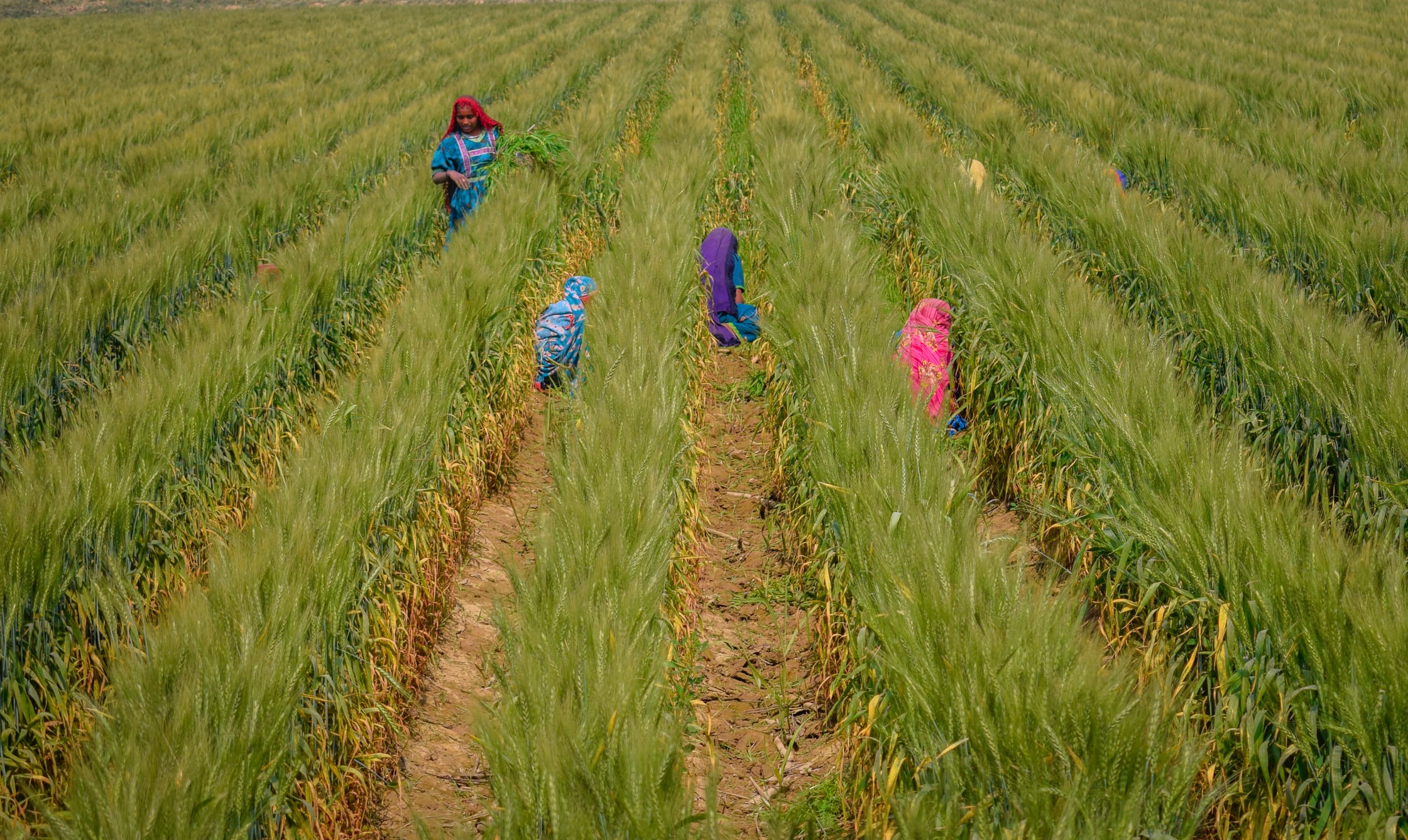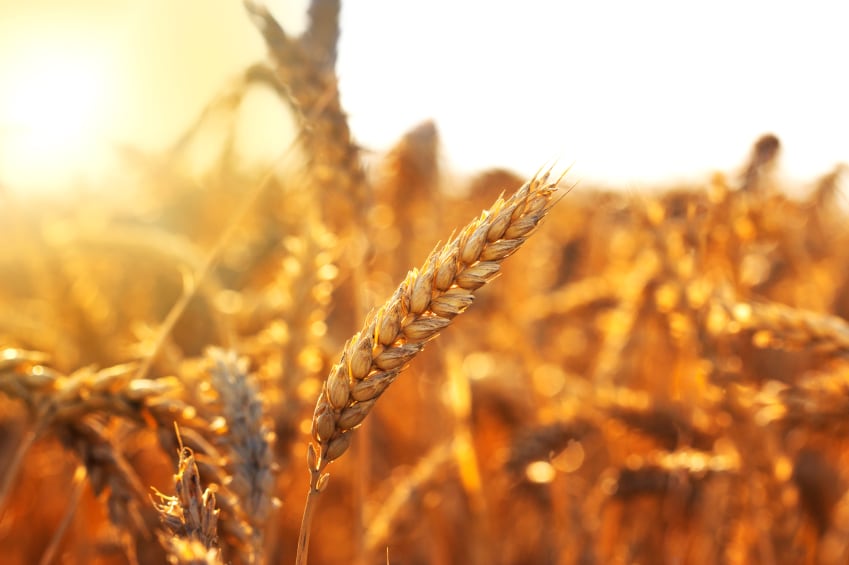According to the Alliance of Bioversity International and the International Center for Tropical Agriculture (CIAT), Pakistan has been plagued by worsening droughts and flooding.
The escalation of these natural disasters cost Pakistan’s agricultural industry an estimated $4bn in losses annually.
The Alliance, which was established by CGIAR, said the sector was at the “frontline of the climate crisis” in a recent statement.
“The catastrophic 2022 floods displaced 33 million people; in Punjab, rising temperatures and unpredictable monsoons exacerbate environmental risk. Without adaptive strategies, livelihoods connected to the agriculture sector are at risk.”
In response to this, a new program is introducing climate risk financing solutions to protect and strengthen the sector while driving innovation, it announced on April 14.
“By providing financial protection and fostering investment in innovation, quality and market access, this initiative aims to de-risk investments, strengthen resilience and enhance the inclusiveness and competitiveness of Pakistan’s agrifood sector.”
The project, Introduction of Innovative Climate Risk Financing Solutions in Pakistan (CRF) is funded by the German Federal Ministry for Economic Cooperation and Development (BMZ) and supported by the Deutsche Gesellschaft für Internationale Zusammenarbeit (GIZ) GmbH.
The project collaborates with rural financial intermediaries and to develop financial solutions tailored for micro, small, and medium-sized enterprises (MSMEs).
Overall, it aims to mitigate agrifood lending risks while generating social and environmental benefits.
It is empowered with ImpactSF Analyzer, an AI powered tool to recommend relevant climate adaptation measures based on its climate risk assessment.
“If financial intermediaries can better assess and price climate risks, they can unlock much-needed financing for MSMEs and aggregators in the agrifood value chain. This project is about turning climate resilience into a viable business case for lenders and borrowers alike,” said Jochen Ramcke, GIZ Pakistan.
A BRAVE project
On April 23, the Food and Agriculture Organization (FAO) of the United Nations (UN) announced the launch of Building Resilience and Addressing Vulnerabilities to Emergencies (BRAVE) in Balochistan, Pakistan.
According to the FAO, the program “emphasises strengthening disaster preparedness, improving humanitarian response, and fostering long-term climate resilience in Pakistan’s most vulnerable regions.”
“By bridging immediate humanitarian assistance with long-term resilience strategies, BRAVE sets a strong foundation for integrated emergency response and climate adaptation. This initiative is not just about recovery—it’s about building forward better, with resilience, sustainability, and community empowerment at the core,” Waleed Mahdi, International Programme Coordinator and Head of Office, FAO Balochistan.
The project will promote climate-resilient agricultural models and developing knowledge products to help scale best practices in Balochistan.
“Food security for the vulnerable communities is our priority. This initiative marks a significant milestone in our efforts to transform agrifood systems and improve the livelihoods of vulnerable communities. Through collaborative knowledge management and innovative climate-resilient models, we aim to create scalable solutions that can be replicated across the province and beyond,” said Julius Githinji Muchemi, project manager, BRAVE.
Furthermore, BRAVE will address the urgent needs of people affected by the 2024 monsoon, including those in Sohbatpur (Balochistan), Sujawal (Sindh), and Muzaffargarh (Punjab).
In each of the districts, the project will target 60 villages and reach approximately 9,000 households.
This two-pronged approach aims to help the communities recover stronger from the monsoon.
“Projects like BRAVE are critical for Balochistan, where climate change continues to threaten agriculture, food security, and rural livelihoods. Through strong collaboration between government institutions and development partners, we can build more resilient communities and sustainable agrifood systems that are better prepared for future climate shocks,” said Imran Baloch, Chief of Foreign Aid of the Balochistan Government.
This initiative will be led by the International Organisation for Migration (IOM) in consortium with FAO, UNICEF, CARE International, ACTED, and Islamic Relief. It is funded by the UK’s Foreign, Commonwealth & Development Office (FCDO).





